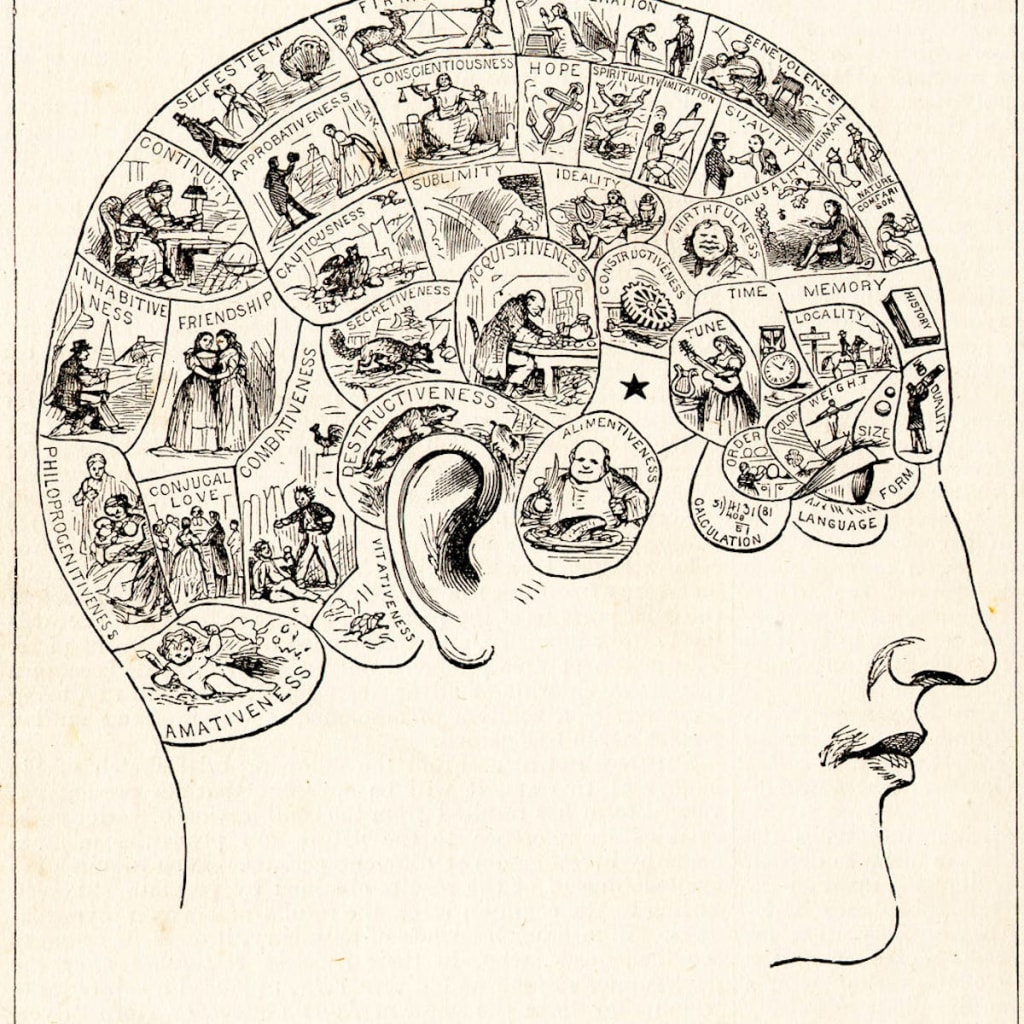HOW INTERNET IS CHANGING YOUR BRAIN
The prevalence of the Internet is changing how our brains function, with more distractions and less cognitive control. This is especially true for millenials, who are more forgetful than previous generations. However, this doesn't mean that technology is a bad thing - it has in fact allowed us to focus more effectively and learn new information more easily.

Imagine a life without the internet - a time when smartphones, search engines, and interconnectedness were foreign concepts. For those who remember this era, the idea of living without these digital tools seems unimaginable. However, as our reliance on the online world grows, it is important to explore how it affects our relationships, sources of information, and the way we interact with one another. Additionally, the internet's pervasive influence has noticeable effects on our brains. As more devices rely on internet connectivity, it's no surprise that worldwide access is continuously increasing. In 2016 alone, an estimated 3.5 billion people accessed online services globally. In this article, we will delve into the changing dynamics of internet usage across generations, its impact on our brains, and offer tips for maintaining a healthy balance.
Generational Shifts in Internet Usage:
The reliance on the internet varies across generations, primarily influenced by those who had to adapt to new technologies and those who grew up with ready access to them. Generation X, born between the mid-1960s and early 1980s, spends an average of 110 minutes per day using mobile internet. In contrast, Millennials, born from the early 1980s onward, log an average of 185 minutes per day. Social media and messaging apps have become crucial in our daily lives, with over a billion people regularly using apps like WhatsApp, and even more utilizing platforms such as Facebook and Twitter. As internet services gain popularity, traditional forms of communication, such as phone calls and text messages, decline, while online shopping causes a significant decrease in foot traffic to brick-and-mortar stores. Consequently, our towns and cities are undergoing a transformation driven by the availability of online services.
The Impact on Our Brains:
With a wealth of information at our fingertips, the prevalence of the internet is reshaping how our brains function. Millennials, in particular, have been found to be more forgetful than previous generations, likely due to constant distractions that connectivity brings. Memory relies on repeated exposure and deep thinking, which aids the transition from short-term to long-term memory. However, the constant influx of new information impedes this process, resulting in less information being permanently stored. Moreover, readily available information online diminishes the need to commit it to memory. While previous generations memorized directions from a map, there is now a heavy reliance on GPS apps. The addictive nature of smartphones further contributes to cognitive changes, as constant glances for messages and updates cultivate a habit of distraction. Our brains become less accustomed to transitioning into deeper modes of thinking, making it more challenging when needed. Research indicates that the continuous flow of information diminishes cognitive control, reducing our ability to determine what's important to focus on. As a consequence, we prioritize novelty over significance.
Strategies for a Healthy Balance:
While the impact of technology on our brains is undeniable, it is not necessarily negative. Throughout history, inventions have enabled us to allocate less time to specific tasks, freeing up our schedules for other activities. For instance, washing machines have reduced the time spent on laundry, allowing for more productivity. Similarly, the internet's ability to facilitate faster communication and information retrieval grants us additional mental capacity for other processes. Nevertheless, it is important to reduce screen time to keep our brains active and flexible. Being mindful of the time spent on daily distractions is crucial. Consider tracking your screen time and unplugging from digital devices periodically to maintain a healthy balance.
The internet has transformed the way we live, impacting our relationships, information sources, and communication patterns. As we adapt to this new digital landscape, it's essential to understand the effects it has on our brains. While there are concerns about forgetfulness and





Comments
There are no comments for this story
Be the first to respond and start the conversation.